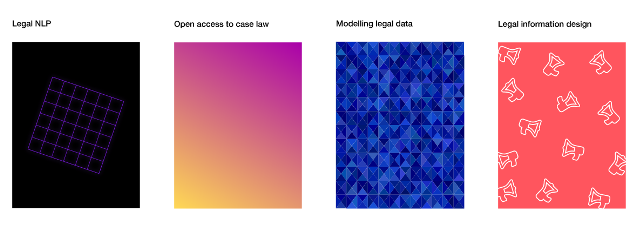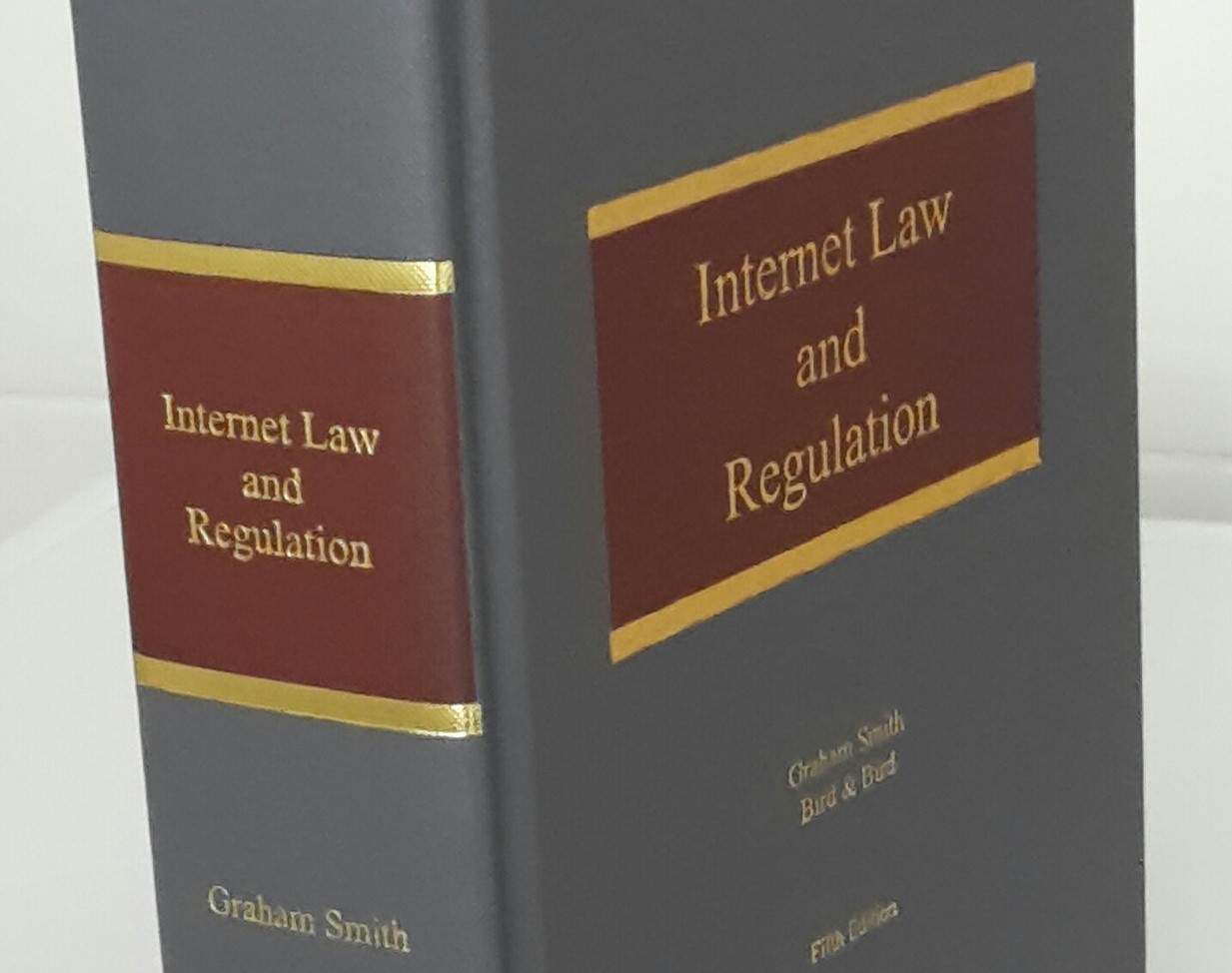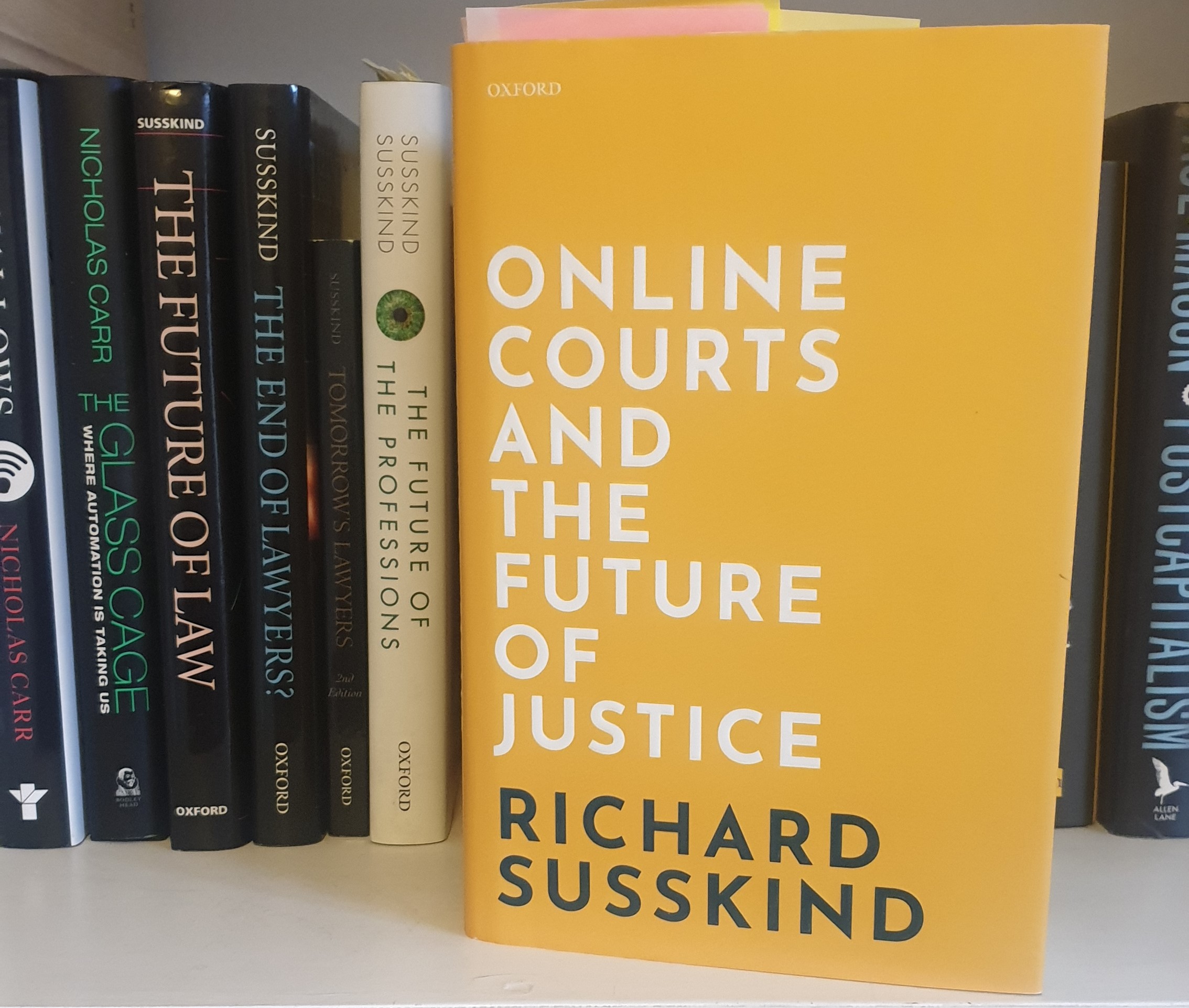
Publishers liability
Section 230: will it last?
25 February 2026

Since the internet was in its infancy, the rights of users to use it to express their opinions was sacrosanct. When the first laws of the internet were being forged by legislature and in the courts, internet service providers (ISPs) were the focus of these sacred rights and they avoided liability by claiming they were […]
Read More
The most significant recent development at ICLR has been the launch, in March 2019, of our legal information lab, ICLR&D. This was conceived as a space where ICLR, whose traditional role has been publishing legal information built around primary source materials such as case law and legislation, could experiment with case law data in fundamentally […]
Read More
See You Out Of Court See You Out of Court at buzzsprout.com/815344 is a new podcast focusing on new ways to resolve disputes without burning vast amounts of money through the courts. The podcast will inform you of all the options to resolve disputes without going to court, whether mediation, arbitration, adjudication, ombudsmen schemes and, importantly, […]
Read More
As part of an investigation by the European Commission into the effect of data collection practices by Facebook and Google upon competition, news publishers have been sent detailed questionnaires regarding data sharing agreements with Google. In particular, the questionnaires seek details from publishers on ways in which the search engine behemoth uses data collected from […]
Read More
Social media companies have traditionally argued that they are merely internet platforms as opposed to publishers with the ensuing editorial responsibilities (despite the odd court case where it has been to their advantage to hold themselves out as publishers). But in the face of increasing public controversy about malicious content plaguing social media sites, the […]
Read More
The new, fifth edition of Internet Law and Regulation is the long-awaited new edition of the leading title in its field. The title presents an analysis of key areas of internet law and regulation from a UK perspective. It is fully updated including recent developments relating to GDPR, the Investigatory Powers Act 2016, eIDAS, online […]
Read More
Risky once-in-a-generation skills shortage poses existential threat to firms Legal employers are now facing a skills shortage. UK unemployment has fallen to a 44-year low of 3.8% and employees, armed with more options than ever, are constantly on the move to greener pastures. The inability to replace a good employee can pose a severe threat […]
Read More
One could be forgiven for thinking that knowing how to comply with a legal obligation that has been in place for nearly a decade would be clear cut. However, widespread practice tells us that this is far from the truth. In November 2009, as part of wider reforms to the European telecommunications regulatory framework, the […]
Read More
Four years on and Professor Richard Susskind has written the same book he wrote last time, so he says. He jests, yet again. The message and the underlying arguments remain constant; the same analogies are deployed (you know, the drill); but tech has moved on, more is feasible and the vision is developed and refined […]
Read More
The way in which we search for images is evolving and changing, and Google has announced that image search is a big topic in the search engine optimisation community. Once upon a time we would search for images primarily for the purpose of copying and pasting an appropriate image into our presentations or documents. We […]
Read More
Deepfakes are a form of digital impersonation, in which the face and voice of a person can be superimposed into video and audio recordings of another individual. Much has happened from technological, social and legal perspectives since deepfakes first surfaced in 2017. Deepfakes are now mainstream 2019 has seen deepfakes go from niche novelty to […]
Read More
Data misuse is often discussed alongside cybersecurity, within the overall context of data protection; but it is important to make the distinction between data which has been obtained legitimately but misused and data which has been collected illegally (eg without consent) or stolen (via computer hacking). Data theft generally involves a cyberattack or harvesting of […]
Read Moreinfolaw Limited 5 Coval Passage London SW14 7RE Registered in England number 2602204 VAT number GB 602861753